In late March, United States Secretary of Health and Human Services Robert F. Kennedy Jr. unveiled a sweeping restructuring plan to streamline the US Department of Health and Human Services (HHS) and cut an estimated 10,000 full-time jobs. This drastic policy reduces the overall workforce from 82,000 to 62,000. The HHS workforce has shrunk to levels not seen since 2002. All five US territories, Puerto Rico, Guam, the US Virgin Islands, American Samoa, and the Northern Mariana Islands, receive critical disease surveillance, environmental tracking, and emergency preparedness support through CDC and FDA programs that are under this federal department. Hence, understanding the changes that will come as a result of HHS reorganization is key to predicting how island public health policymaking will change.
The first aspect of the HHS reorganization is that entire programs are being cut at the Centers for Disease Control and Prevention (CDC). Many of these programs are either being eliminated or transferred, such as divisions focused on global health, domestic HIV prevention, and STI surveillance labs. This can directly limit federal oversight in territories where state-type infrastructure is sparse.
Furthermore, another key change in the reorganization efforts is regional office consolidation. The HHS has regional offices that cover all the United States states and territories. For the US island territories, these are primarily handled by Region 2 and Region 9, according to health.gov and HHS.gov. Region 2, based in New York City, covers Puerto Rico and the US Virgin Islands. Region 9, based in San Francisco, covers American Samoa, Guam, Northern Mariana Islands, Federated States of Micronesia, Marshall Islands, and Palau. However, HHS regional offices are being reduced from ten to five workers, further centralizing federal interaction and potentially delaying localized aid and disaster response in island territories. In the long term, these decisions may have public health costs for territories as experts warn that workforce cuts “will negatively impact public health, especially in underserved communities.”
Along with this, safety net services are at risk. Programs through SAMHSA, HRSA, and the Administration for Community Living that support chronic disease management, mental health, and elder care—already fragile in rural communities—are being merged or downsized into the new Administration for a Healthy America. As HHS cuts its workforce and merges programs, US territories risk losing vital public-health infrastructure. While critics slam the HHS overhaul as a dismantling of public health, some in US territories hope it could actually streamline services and close equity gaps, if Washington follows through.
Centralizing HR, IT, procurement, and policy is designed to reduce redundancy and save taxpayer money, a total of $1.8 billion annually, according to HHS. Secretary Kennedy argues that this will curb what he calls “bureaucratic pandemonium,” leading to a more efficient and responsive department. Furthermore, the creation of the Administration for a Healthy America (AHA) could have potential positive impacts. By combining the different programs through the new AHA, public health services could be streamlined, especially for chronic disease, behavioral health, and environmental health. Streamlining services could better serve under-resourced areas through holistic rather than fragmented funding.
Lastly, consolidation could shift funding toward measurable outcomes, enabling smaller jurisdictions, like territories, to compete effectively. This grant equity vs outcome-based priority change could help US territories, as the HHS emphasized, suggesting a focus on performance rather than just capacity. As territories have historically been deprioritized in federal reforms, seeing how these public health changes play out, alongside advocacy and oversight, will be key in progressing public health standards across Puerto Rico, Guam, the US Virgin Islands, American Samoa, and the Northern Mariana Islands.

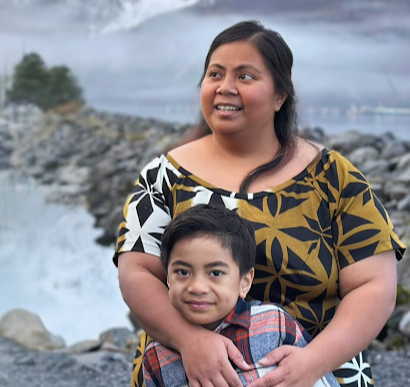
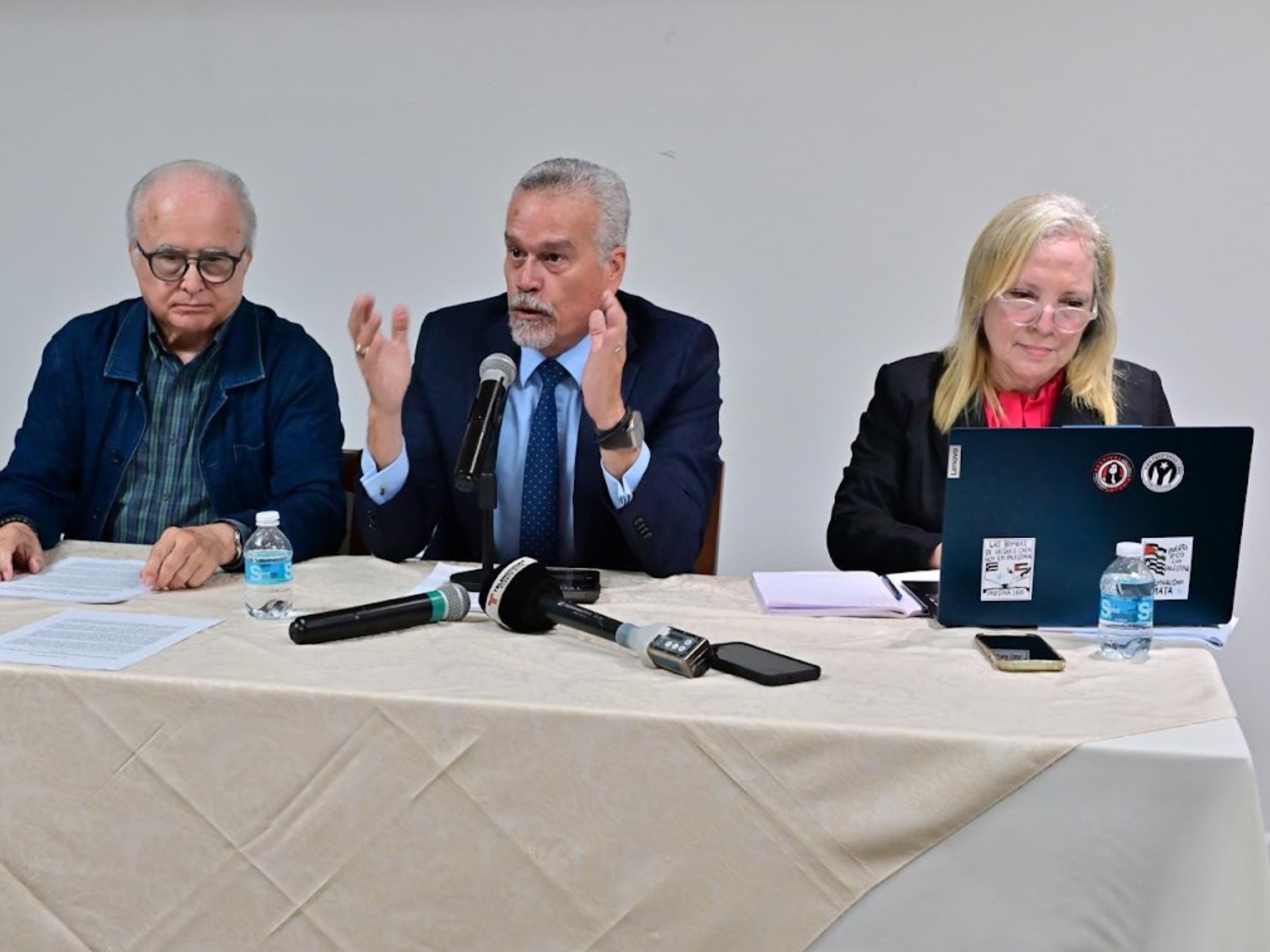

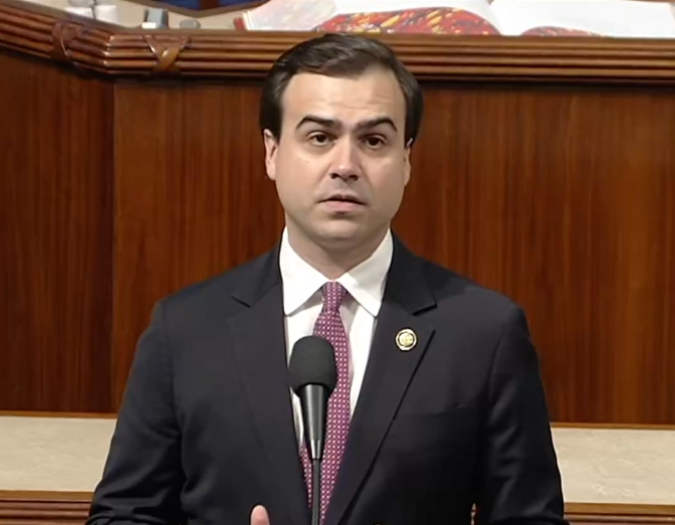
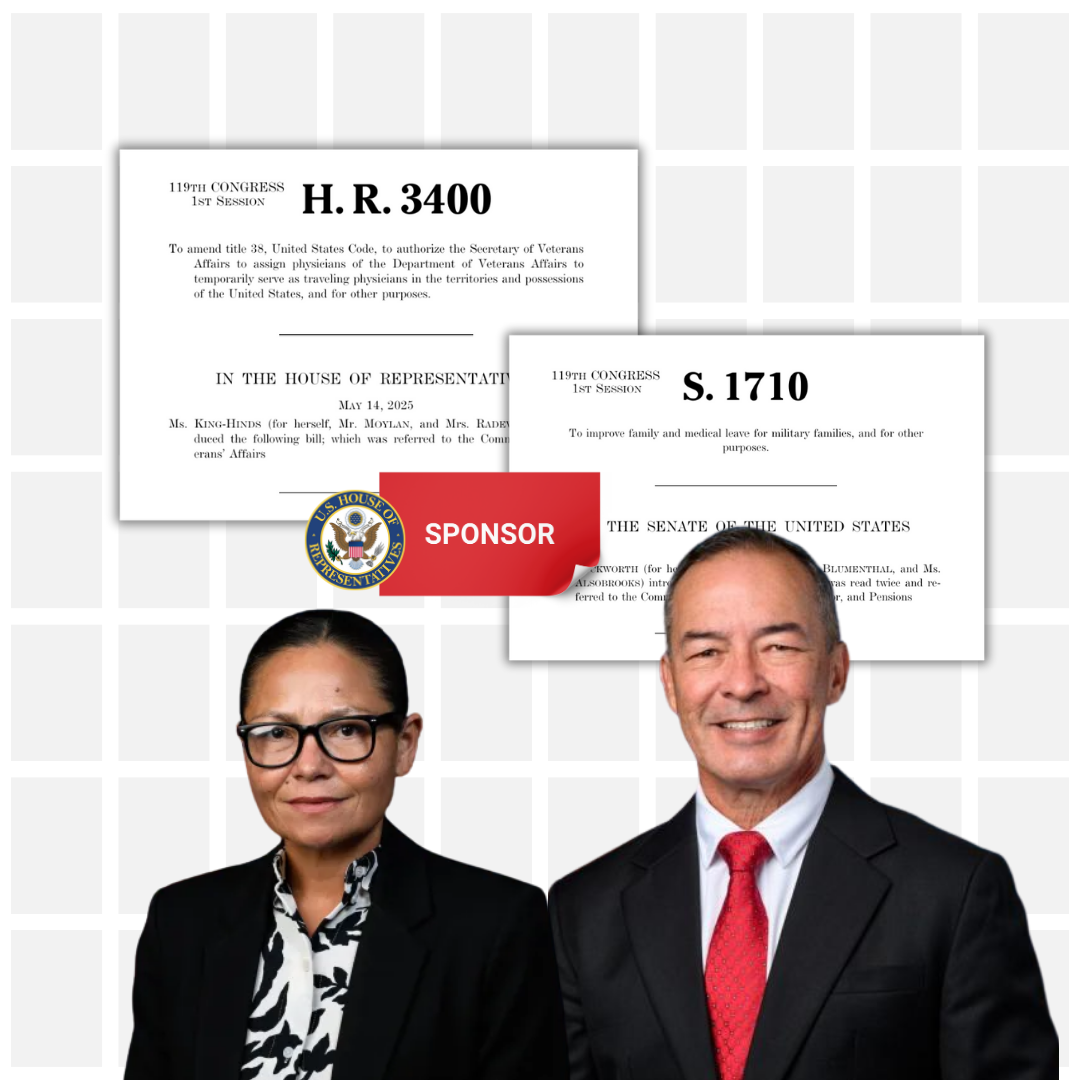

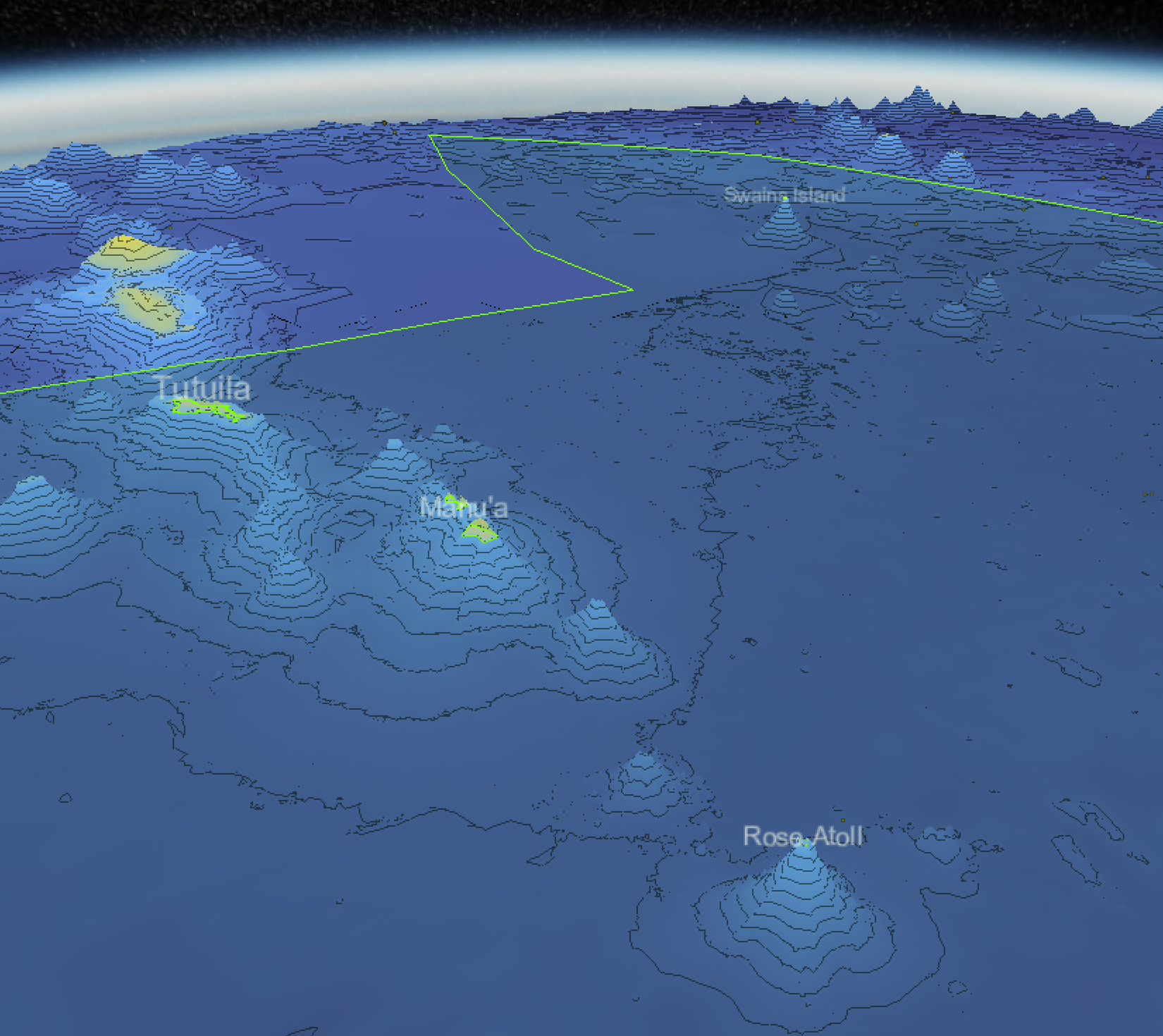
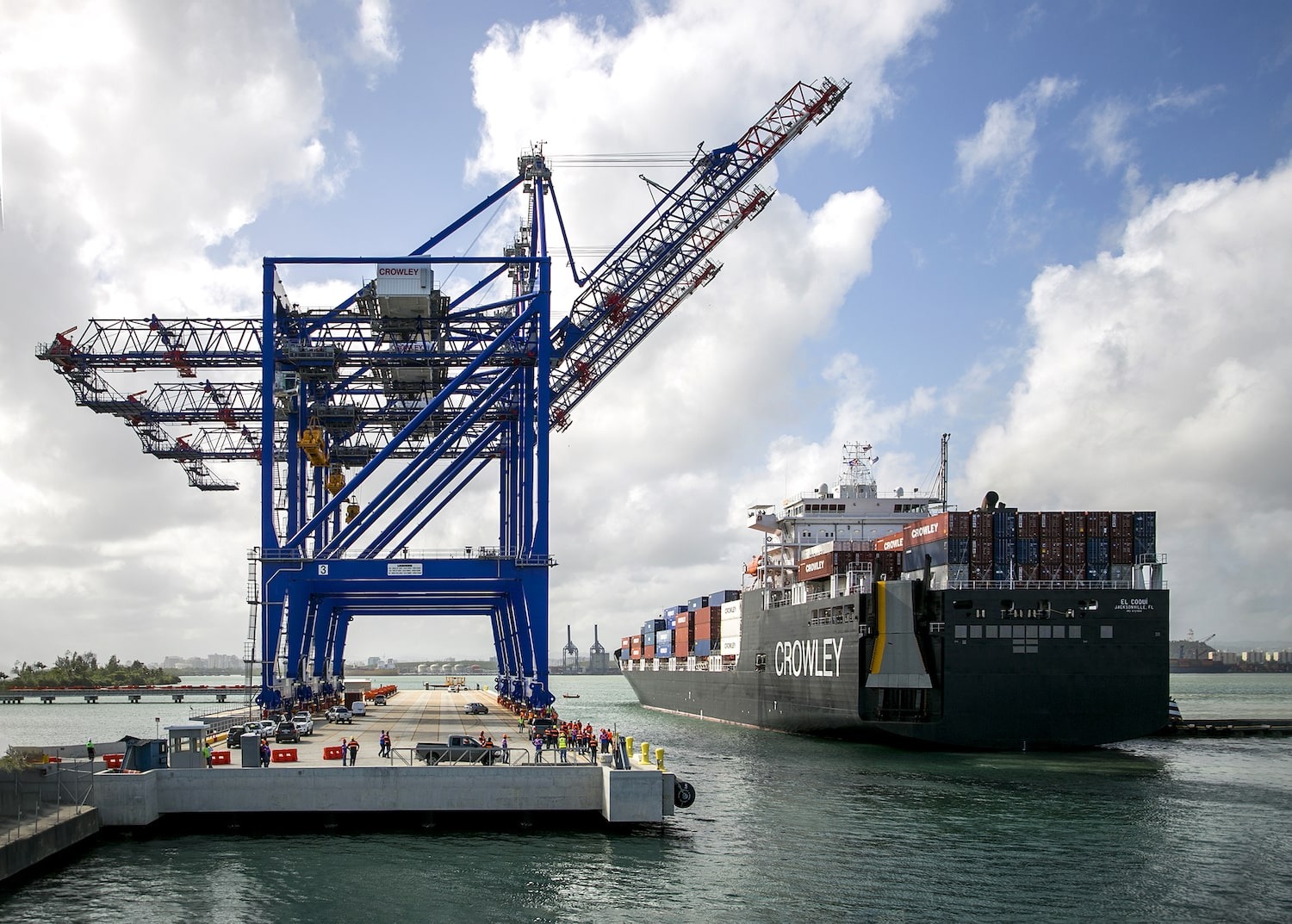


0 Comments